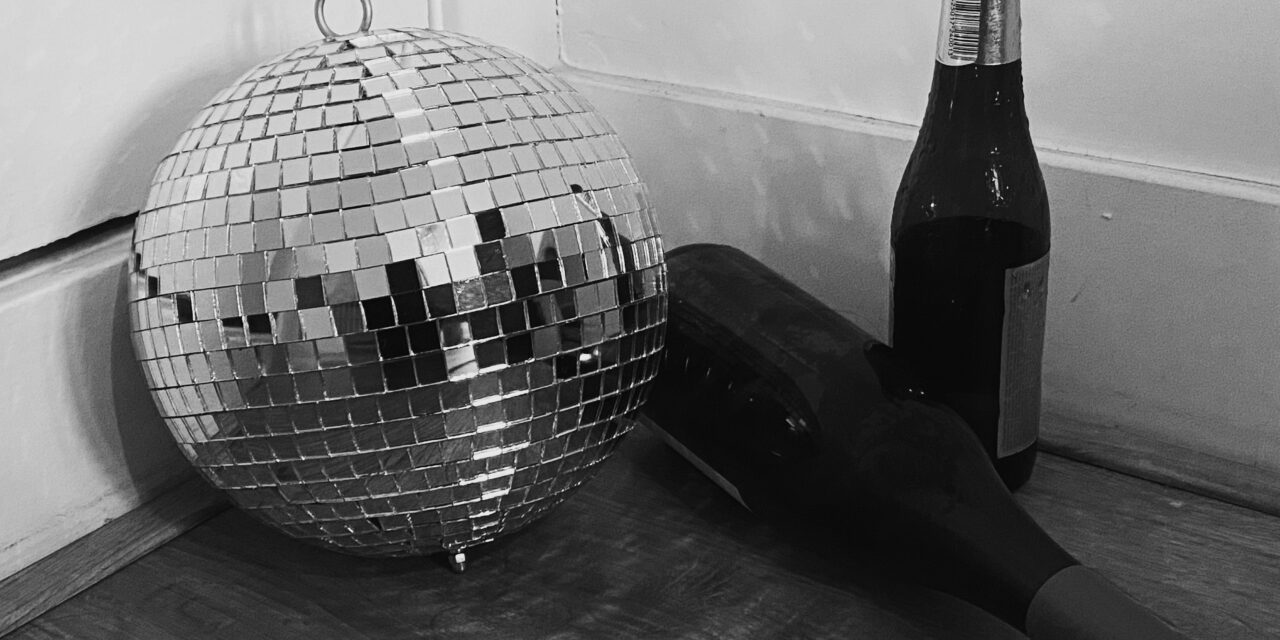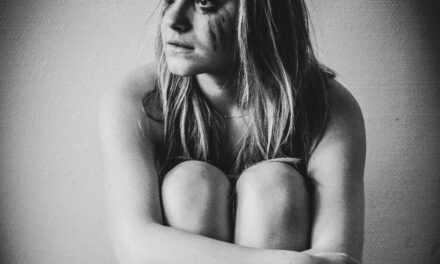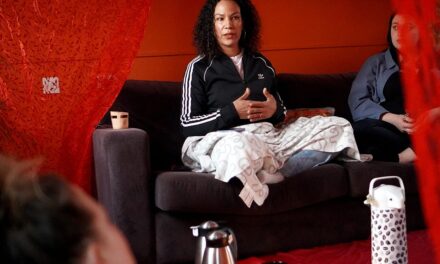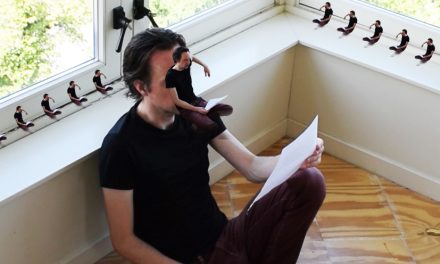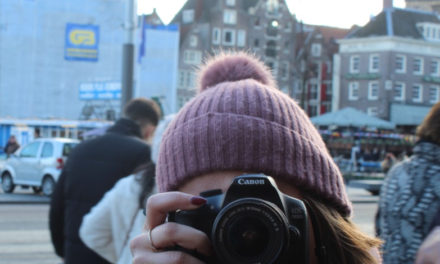Until the unprecedented pandemic outbreak, nightlife was central to the socio-cultural life of the society and a source of vivid memories for many people. For certain communities, nightlife has served as a place where they can liberate themselves in music. Due to the prolonged pandemic and the Dutch government’s strict regulation, people are experiencing loneliness and symptoms of depression. Meanwhile, the nightlife has been completely on pause for a year to the date, those who affiliate with the nightlife shared their opinions about mental health in the time of Covid-19. Furthermore, they shared their thoughts on new alternative options from clubs and nightlife-related organizations during the pandemic.
“I feel like I haven’t been to the home for a year, that’s how I exactly phrase this loneliness without the dancefloor”
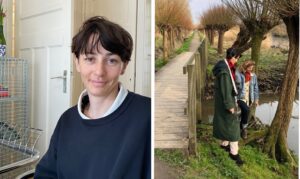
Laura (left) during her field recording for the radio studio; Vreemde Vogels Radio
Former production manager at the club based in Amsterdam; De School, Laura shared her personal experience of how she first experienced the nightlife and mental health during a pandemic. As one of the progressive clubs in Europe, De School opened its door in 2016. It was a complex that consisted of a nightclub, concert venue, gallery, gym, and restaurant. De School closed its doors in July 2020 due to financial difficulty because of Covid-19. Not only was the place open for everyone, but it was also a hub for the LGBTQ community where they felt safe, like a home.
“With the pandemic, the nightlife in the Netherlands has been paused gradually. This gradual stepping down made it even more difficult to adapt. In my surroundings, people who were in the nightlife have been heavily suffering from mental health, especially loneliness and depression during a pandemic due to lack of space to look for each other. To them, it feels like there is no home to go back to. I am also one of them”
She shared a story that one of her acquaintances recently committed suicide due to severe depression. He worked for the club based in Rotterdam as a programmer who managed the bookings of the events and DJs. For him, this was a getaway that kept him ongoing. With the prolonged closure of the club, his depression got much severe as he did not have any outlet. She mentioned it was a wake-up call for everyone in this community to take care of each other and check in on a regular basis yet it’s still hard to keep up with everything. In order to cope with the depression, she took a cycling trip by herself. Since then she found her new interest in nature so she has been working on a new project about nature.
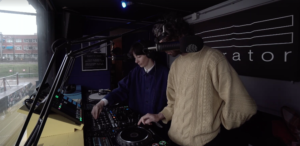
Laura and her friend, Marlon at their radio show; Vreemde Vogels Radio at the Operator, Rotterdam based online radio station
“I was lucky to find what I would like to work on in this uncertain time as there are still a lot of people in the nightlife community who feel left out and not know what to do in this pandemic”.
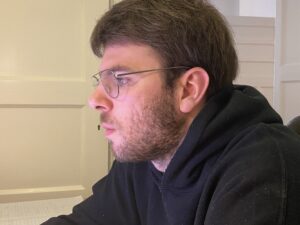
Gunnar, DJ, co-owner of a record shop based in the Hague, 3345.
“My first experience in clubbing was when I was 17. Up to this date, many people have misunderstood clubbing as a place where you get wasted and take drugs. I get that where it comes from but for me, it was purely for the music. I was an outsider, who didn’t belong to any specific group. With music and its openness, I immediately felt so warming to the community. Since then, I’ve been digging out the records as a hobby. Eventually, I started working as a co-owner, head of purchasing at the record shop based in the Hague.”
Gunnar organized a party, Ten Toes Down before the pandemic started. “It feels such a long time ago even though it only has been a year ago. Back then, it was so normal to have artists abroad for the gig. Especially for the party that I organized in January 2020, we had DJs from abroad without concerning the Covid-19 and its travel regulations. Now, it’s almost impossible to think about that option.”

Recently, he works on his set for an online radio station, where he can only interact with the audience virtually. “I had opportunities to play at the clubs for the listening sessions during the pandemic. At first, I didn’t realize how the pause of the nightlife brought an impact to me but slowly, I felt down not having that strong energy around me anymore”
Dance floor and new alternatives
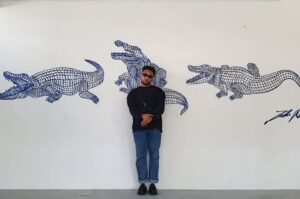
Linder, a programmer at the club; MONO in Rotterdam
As one of the main programmers at MONO, his task is about booking the DJs, planning the events for the club. “The nightlife has evolved for decades and since then, it’s always been a place where people found themselves another home apart from home and a place where you could be free without having the prejudices”. He emphasized that the nightlife as a community, it’s an open space where everyone is welcome and plays a significant role in society because it connects people through music.
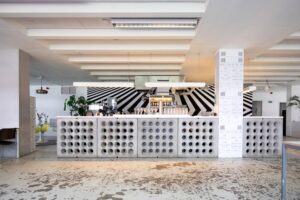
MONO, club based in Rotterdam (Photo credit: MONO)
As a programmer, he shared his agony in work. Having a long waiting game to open for the audience and keeping it safe during the pandemic is still homework to him. As the clubs and nightlife-related organizations have been actively working on finding new alternatives to continue during the pandemic, he sees these initiatives are positive and hope to bring a synergy to both the audience and the nightlife where people can enjoy the music without the dancefloor. “We know it’s a difficult time for everyone, not only the clubs with financial difficulties but to the people who are strongly affiliated to the nightlife, the alternative ways such as podcast, online radio shows with new aspiring DJs, may seem disconnected yet we feel it’s also our possibility to keep it ongoing and not muted for everyone”.
